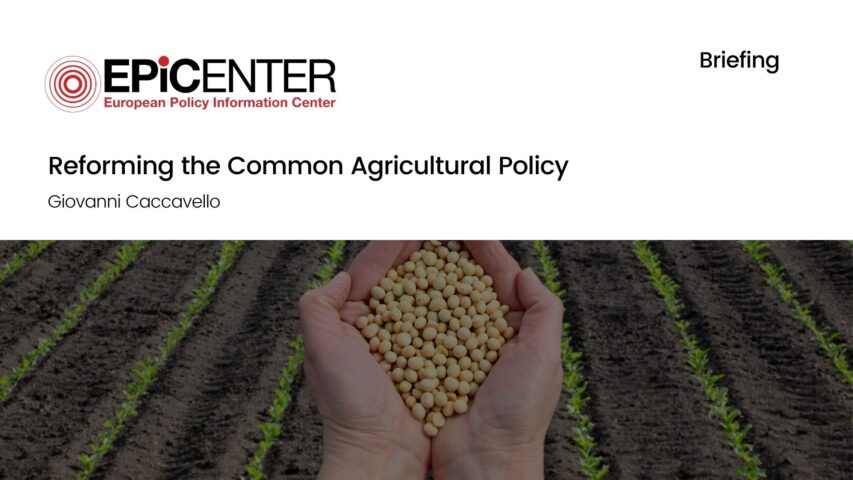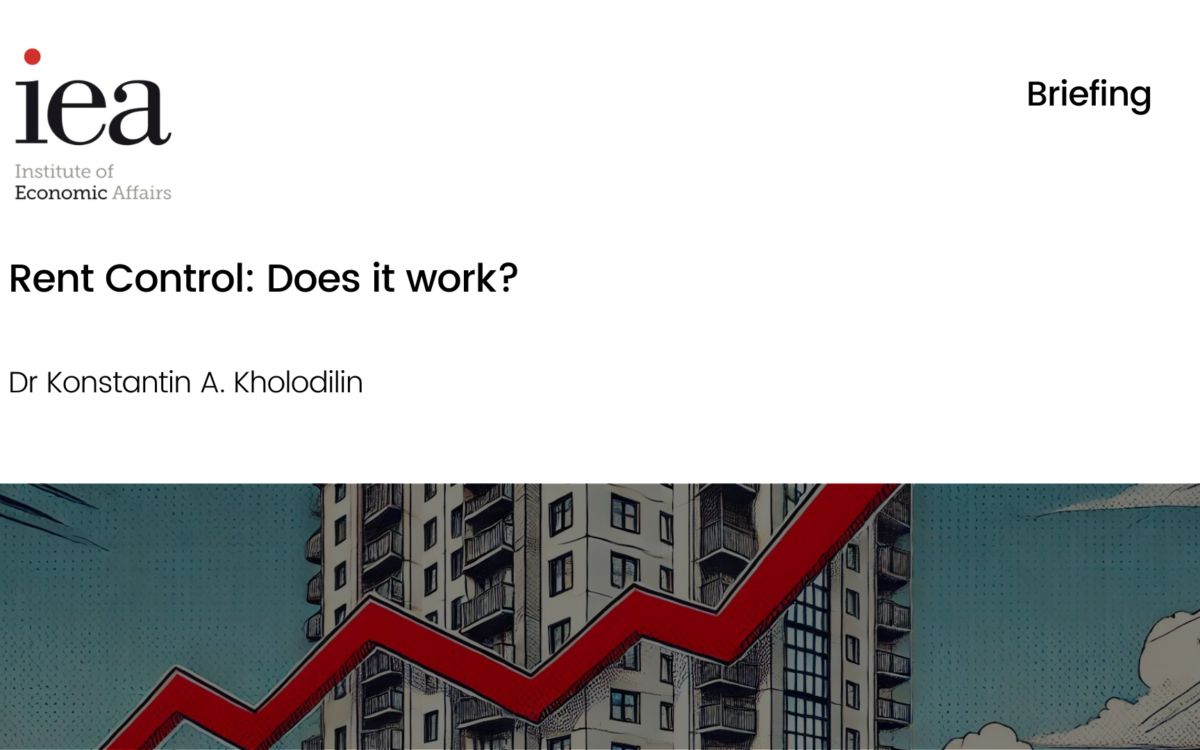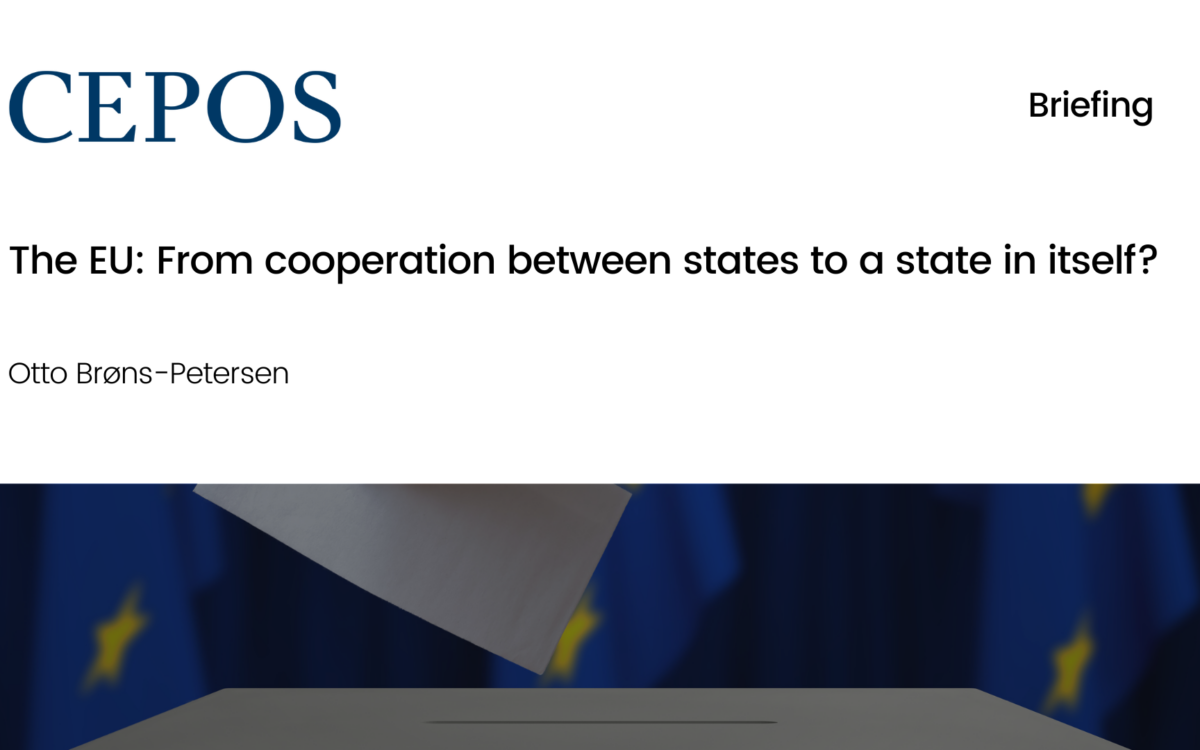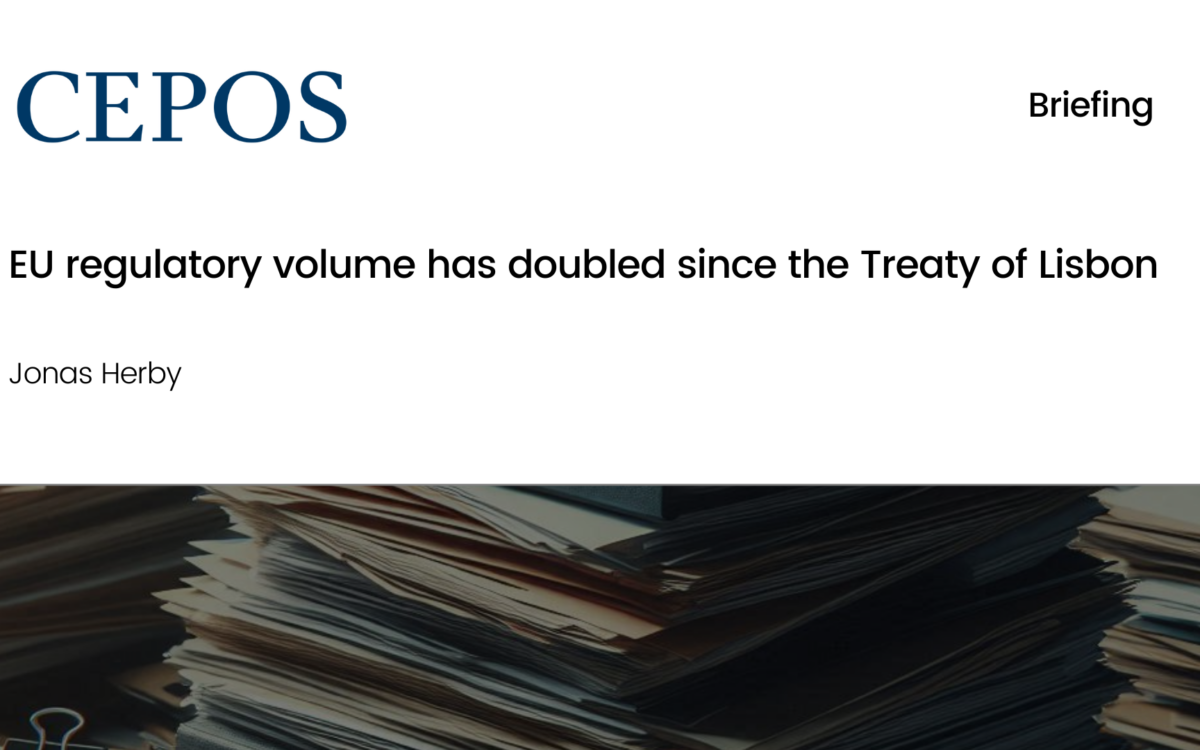Reforming the Common Agricultural Policy

Reforming the Common Agricultural Policy
May 2017
The EU Common Agricultural Policy (CAP) has undergone several waves of reforms over the last few decades. Yet, many market- and trade-distorting practices still persist, and the EU’s agricultural sector remains disproportionately dependent on public support when compared to its counterpart in other developed countries, such as Australia, Canada and New Zealand.
Despite previous attempts to maximise its contribution to the UN Sustainable Development Goals (SDGs), the CAP continues to harm poor and developing countries through high import tariffs. It also hurts domestic taxpayers and consumers through large support to farmers and the suppression of technological innovation.
Policy incoherence is at the heart of the CAP. On the one hand, the EU has de facto imposed a moratorium on cultivating GM crops. On the other hand, a large number of EU farmers desperately need imported rDNA to feed their livestock. All of this is in stark contrast with the overall objective of the Union’s Development Cooperation Policy.
Download or share this publication
View the PDF
EPICENTER publications and contributions from our member think tanks are designed to promote the discussion of economic issues and the role of markets in solving economic and social problems. As with all EPICENTER publications, the views expressed here are those of the author and not EPICENTER or its member think tanks (which have no corporate view).



